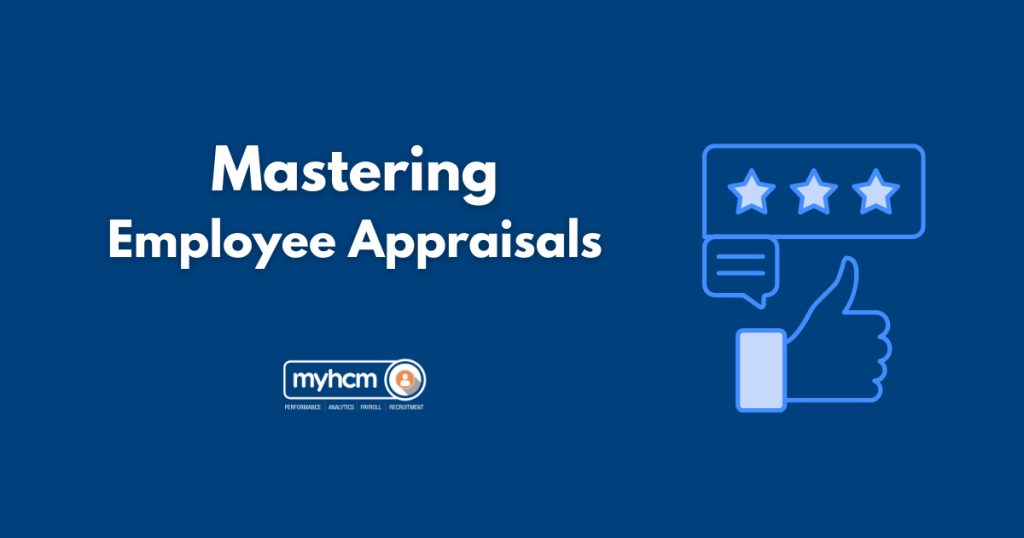Introduction
Mastering employee appraisals is a crucial skill for managers. Effective appraisals are more than just a formality. They are opportunities for growth, feedback, and development. When done well, mastering it can significantly enhance team productivity and satisfaction. This article provides a guide for mastering appraisals, covering key aspects from preparation to follow-up.
Preparation for Employee Appraisals
Mastering appraisals begins with thorough preparation. Managers should clearly communicate the purpose and structure of the appraisal to employees. Emphasize that appraisals are a two-way conversation, focused on growth and development. Create a supportive environment where employees feel comfortable sharing honest feedback. Furthermore, ensure all relevant data, including performance metrics and previous reviews, are readily available.
Setting Goals in Employee Appraisals
A key element of mastering employee appraisals is goal setting. Discussions should center around aligning individual performance goals with organizational objectives. Acknowledge and celebrate accomplishments, provide constructive feedback, and identify areas for improvement. Encourage employees to set SMART goals (Specific, Measurable, Achievable, Relevant, Time-bound) that align with their aspirations. Consequently, this fosters motivation and commitment.
Avoiding Bias in Employee Appraisals
To ensure fairness, mastering employee appraisals requires avoiding biases. Unconscious biases can significantly impact appraisal outcomes. Establish clear evaluation criteria and use objective performance metrics. Rely on factual evidence rather than subjective opinions. Furthermore, regular training on unconscious bias can help managers conduct unbiased appraisals. Thus, fairness and objectivity are vital.
Addressing Challenging Issues in Employee Appraisals
Mastering appraisals also involves addressing challenging issues. Approach discussions about underperformance or behavioral problems with empathy and sensitivity. Provide specific examples and objective evidence to support your concerns. Focus on behavior rather than personal characteristics. Collaboratively develop action plans for improvement. Offering support and guidance is crucial for facilitating positive change.
Documenting Employee Appraisals
Maintaining accurate records is essential for mastering appraisals. Document the discussion, agreed-upon goals, action plans, and any feedback. These records serve as valuable references for future reviews and provide evidence of fair treatment. Additionally, they are important for legal compliance and organizational transparency. Therefore, proper documentation is crucial.
Benefits of Mastering Employee Appraisals
Mastering appraisals yields numerous benefits. Employees gain clarity about performance expectations and career progression. Regular feedback boosts morale and job satisfaction. Managers benefit from improved employee performance and a better understanding of training needs. Moreover, appraisals can identify high-potential employees for leadership roles. Ultimately, mastering appraisals contributes to business success.
Conclusion
In conclusion, mastering appraisals is essential for effective performance management. By following best practices, managers can conduct appraisals that engage employees and drive performance improvement. Emphasizing goal alignment, avoiding biases, and addressing difficult issues with empathy are key. When done well, mastering appraisals becomes a valuable resource for building high-performing teams and achieving business objectives.
